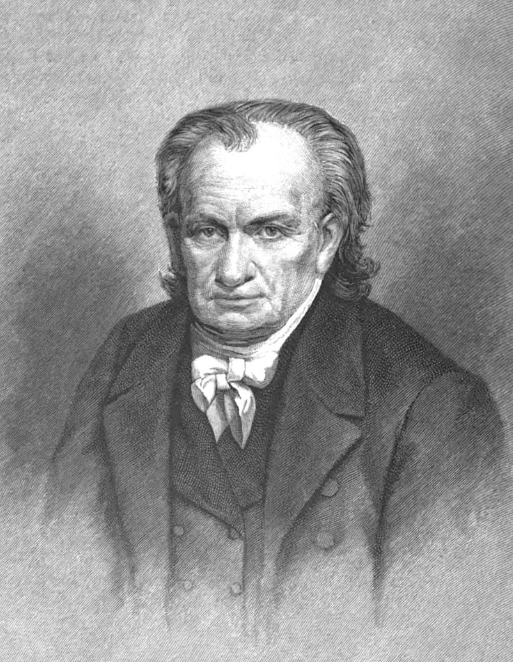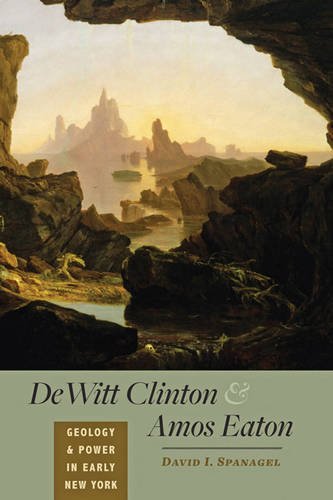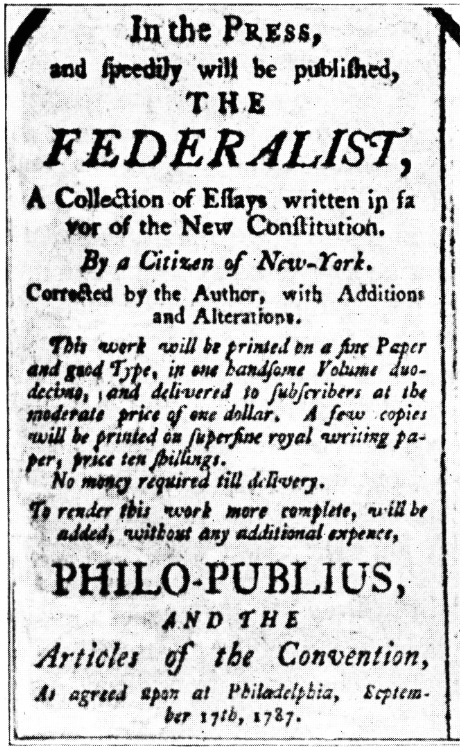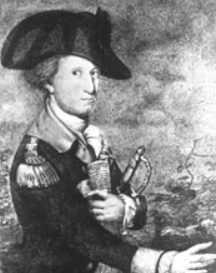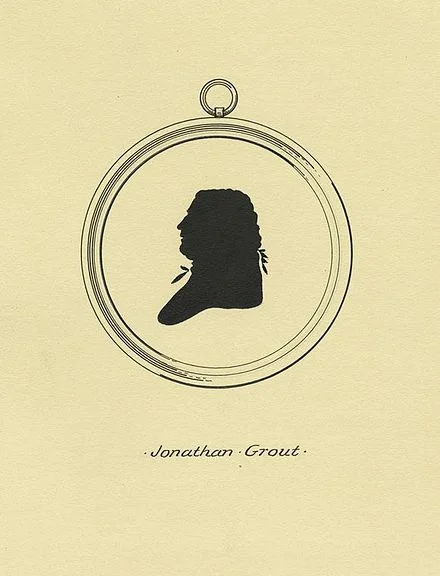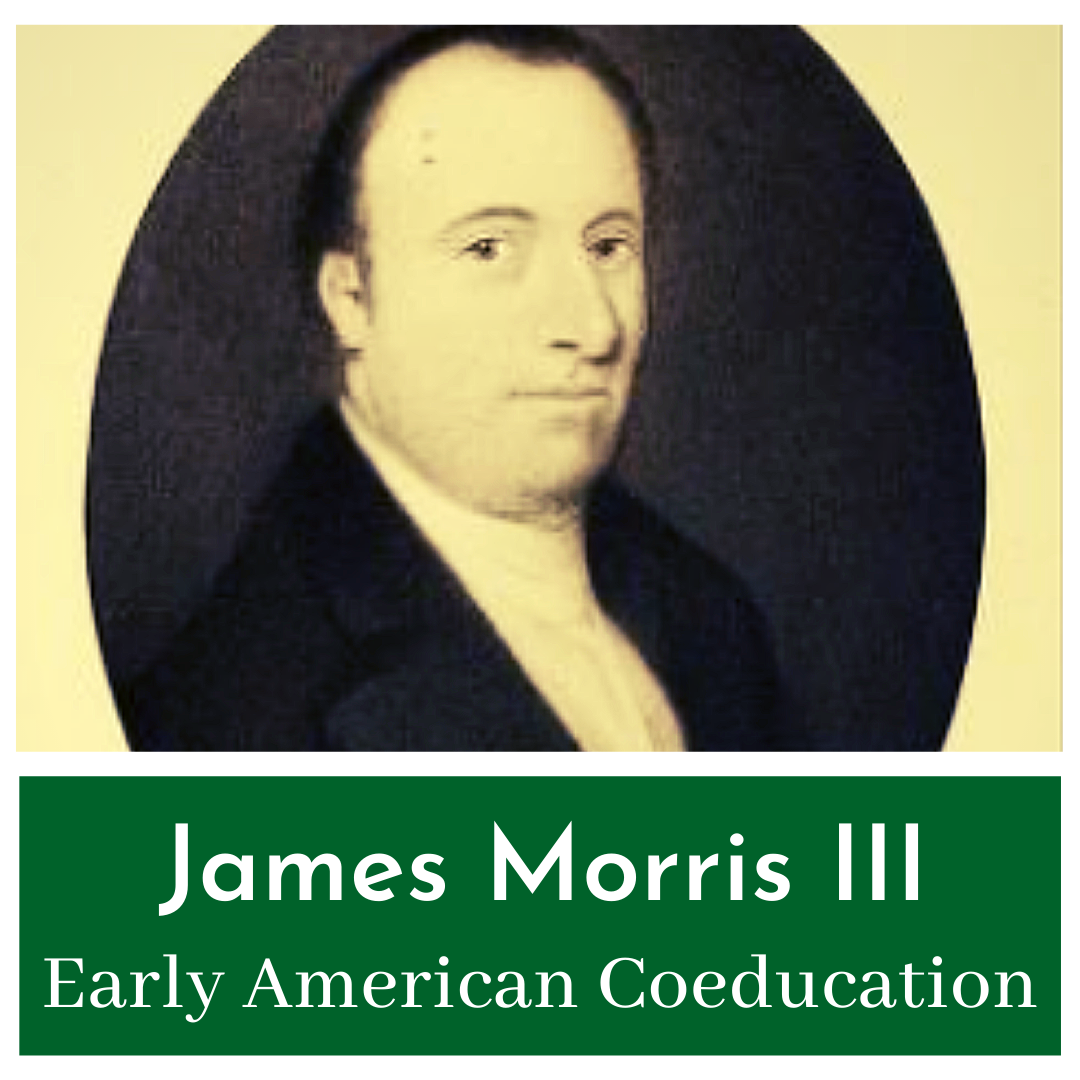From Prison to Yale - Amos Eaton Restructures American Education
Amos Eaton was an professor in the Early Republic who helped reform education in the young United States.
Eaton championed testing and experimentation, both inside and out of the classroom, leading to the development of laboratory work.
Furthermore, Amos believed in the ability of women to compete on the same intellectual plain as men and offered them some of the first opportunities to receive a higher education.
Amos Eaton
Amos Eaton was born less than two months before the Declaration of Independence was signed.
He grew up with an interest in nature, but decided to pursue the law as a career.
While apprenticing in New York City, he renewed his interest in botany under the guidance of Dr. David Hosack, who would later tend to Alexander Hamilton after his famous duel with Aaron Burr.
Prison
After passing the bar, Eaton moved to Catskill in Upstate New York.
Here, he established a practice as well as speculating in land.
In his mid-30’s, Amos was caught forging documents and sent to prison for five years.
While this may have turned many people toward a life of crime, Eaton dedicated himself to becoming one of the nation’s most important educators after his release.
Botanist
Eaton went almost straight from jail to Yale University.
When he left, he was one of the foremost botany experts in the country.
Amos went on a lecture circuit across the northeast.
This included helping New York Governor Dewitt Clinton prepare for the building of the Erie Canal.
The Rensselaer School
After professing at several colleges throughout the Northern States, he founded a school of his own.
He teamed up with Stephen van Rensselaer and became a creator of the Rensselaer School, of which he was the original President.
Eaton taught at this institution and began many of the methods we take for granted today.
Amos was a proponent of a hands-on approach, including field trips to see science in practice as well as laboratory work.
Proto-Feminism
Perhaps most notable about Amos Eaton’s work was his belief that women could be just as successful in men when it came to education. They just simply did not have access to the same opportunities.
In addition to offering women those opportunities, Eaton ran test classes in an effort to prove his proto-feminist ideas were correct.
In the end, Eaton crafted many of the most important intellectual minds, both male and female, of the first half of the 19th century.
Here are some other Founders who were INFLUENTIAL PROFESSORS:
John Witherspoon Improves Princeton
The Students of Edward Holyoke
James Manning, Brown University and the French Army
Though we only touched on his contribution to the Erie Canal briefly, Amos Eaton’s effect on business and politics in New York should not be overlooked.
‘Geology and Power in Early New York’ takes a closer look at how science, business and government all came together under Eaton during the American Founding.
If you’d like a copy you can get one through the Amazon affiliate link below (you’ll support this site, but don’t worry, Amazon pays me while your price stays the same).
